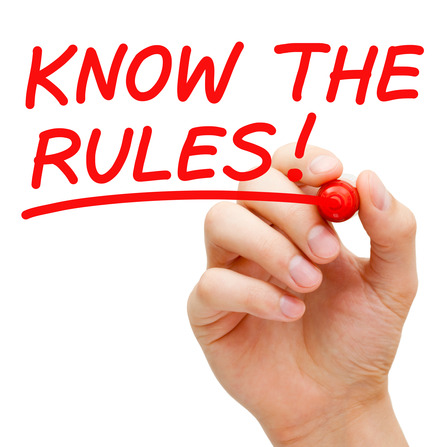 As this year’s tax deadline approaches, recent home sellers should take note of a new rule introduced by Ottawa last year.
As this year’s tax deadline approaches, recent home sellers should take note of a new rule introduced by Ottawa last year.
Canadians now have to report the sale of their principal residence on their tax return to the Canada Revenue Agency.
The sale is still exempt from the 50% capital gains tax, provided it meets all of the guidelines outlined by the CRA. But while in the past the sale of a principal residence did not need to be flagged, home sellers are now required to provide details of the sale – including the address, the year it was bought and how much it sold for – on their tax return form.
Although the administrative change wasn’t announced until Oct. 3, it applies to all sales that took place in 2016, as well as going forward.
Read about the rules on the CRA website
Here are some things that anyone who sold property in the Toronto real estate market or Vancouver real estate market last year should know before they file their taxes:
The penalties for not reporting are steep

Failing to report the sale of your principal residence can carry a hefty price says Valorie Elgar, an H&R Block spokesperson and tax professional.
For one thing, you may lose your exemption and be forced to pay the 50% capital gains tax on the sale. There is also a $100-per-month penalty for every month that you are late reporting, up to a maximum of $8,000.
“It’s a big penalty,” Elgar says. “They are not really giving any leeway.”
There are new rules for non-residents, too
In the past, non-residents were able to use the principal residence exemption so long as they had a family member – such as a spouse or a child – living in the home. However, that is no longer an option.
“That loophole’s been closed now,” says Elgar. “You have to physically be residing in it.”
New immigrants can be taxed on the sale of a home outside of Canada
 If you own property in another country and are moving to Canada, make sure you know what that property is worth on the day that you arrive on Canadian soil.
If you own property in another country and are moving to Canada, make sure you know what that property is worth on the day that you arrive on Canadian soil.
“You’re only taxable on the gain that is accrued since you became a resident of Canada,” says Elgar.
That means any rise in the value of your home before you became a Canadian resident is exempt from Canadian capital gains tax. But any increase after your arrival is fair game.
If you are renting out a portion of your home, the sale may not be fully tax exempt
If you are only renting out a room, you can still claim the principal residence exemption on the sale. But if you have a self-contained suite in your home that a renter is living in, that portion of the home is not tax exempt, according to Elgar.
“Say you’re renting out the basement and it’s a self-contained apartment in your home, only the portion of the house you lived in would be eligible for the principal residence exemption,” Elgar says.
“And it’s all based on square footage. So if your basement took up 40% of your house, that 40% would not qualify for the exemption.”
© https://www.zoocasa.com/blog/what-home-sellers-should-know-about-new-capital-gains-tax-rules/
